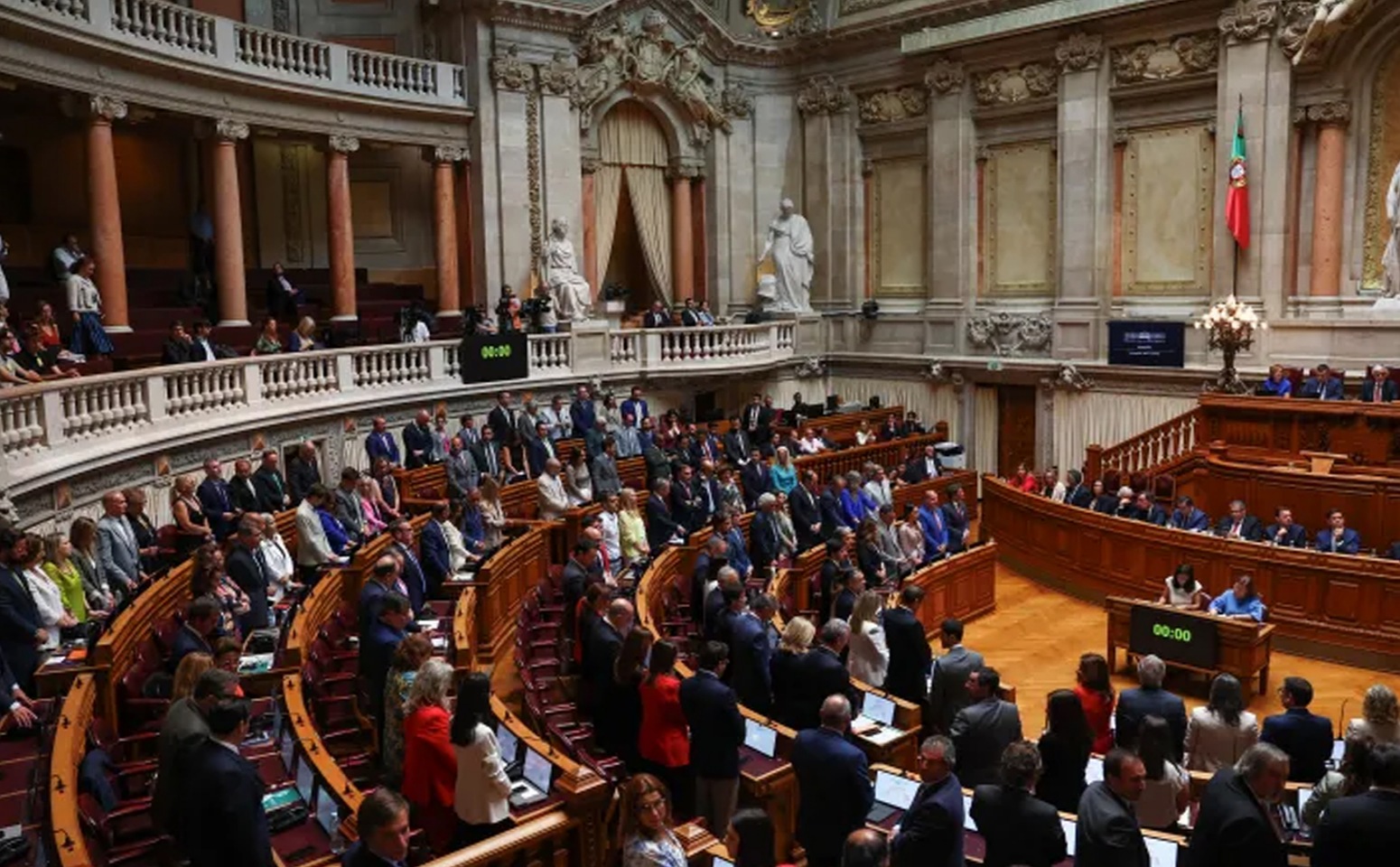
Hindu Voice Team: In a move that has sparked nationwide and international debate, the Parliament of Portugal has approved a bill prohibiting the wearing of face-covering garments such as the niqab and burqa in public places. The law, introduced by the far-right Chega Party, has been passed with support from several center-right parties, igniting criticism from human rights groups and Muslim organizations across Europe.
Details of the New Law
Under the new legislation, individuals wearing face-covering veils in public spaces—including streets, government offices, schools, and public transportation—may face fines ranging from €200 to €4,000.
The law does, however, make limited exceptions, allowing the use of face coverings in:
Religious establishments such as mosques or churches,
Airplanes or diplomatic premises,
Specific circumstances justified by health or professional safety requirements.
The measure was passed with the backing of the Social Democratic Party (PSD), Liberal Initiative (IL), and CDS–People’s Party (CDS-PP), while the Socialist Party (PS), Left Bloc (BE), and Portuguese Communist Party (PCP) voted against it.
Chega’s Rationale
Chega Party leader André Ventura, the main proponent of the bill, defended the law as a step toward “preserving Portuguese identity and protecting women’s freedom.”
“We are protecting our daughters and the women of this nation from any cultural imposition that compels them to hide their faces,” Ventura declared in Parliament.
He claimed the legislation was essential to ensure public safety, arguing that facial visibility is necessary for identification in civic and security settings.
Backlash from Civil Rights Groups
Human rights activists and opposition parties have condemned the move as an attack on religious freedom and gender equality, accusing Chega of fueling Islamophobia under the guise of women’s rights.
Critics argue that the use of full-face veils is extremely rare in Portugal, a country with a small Muslim population, and that the law is a symbolic gesture of intolerance rather than a legitimate policy response.
The Portuguese Islamic Community issued a statement calling the decision “deeply discriminatory,” warning that it could marginalize Muslim women and create unnecessary social division.
“This law criminalizes religious expression and sends a dangerous message to minorities in Portugal,” said one spokesperson.
European Context
Portugal now joins a growing list of European countries—including France, Belgium, Austria, Denmark, and the Netherlands—that have implemented partial or full bans on face veils in public.
Supporters of the ban say it aligns Portugal with other European democracies defending secular values. Opponents counter that such laws violate fundamental freedom of religion protected under the European Convention on Human Rights.
Presidential Approval Pending
The bill will now be sent to President Marcelo Rebelo de Sousa for approval. The President may either sign it into law, veto it, or refer it to the Constitutional Court for review. Legal experts say a constitutional challenge is likely, as Portugal’s Constitution guarantees both religious liberty and freedom of personal expression.
Potential Impact
Analysts warn that this move could deepen social polarization and damage Portugal’s international image as a tolerant, pluralistic society.
If enacted, enforcement could prove difficult, as defining what constitutes a “face covering” or distinguishing religious attire from cultural fashion will likely lead to controversial policing practices.
The Portuguese government’s decision marks a significant moment in Europe’s ongoing debate over religious expression, national identity, and women’s rights.
As Portugal stands at this crossroads, the world watches to see whether its commitment to secularism will uphold inclusivity—or usher in a new era of cultural exclusion.